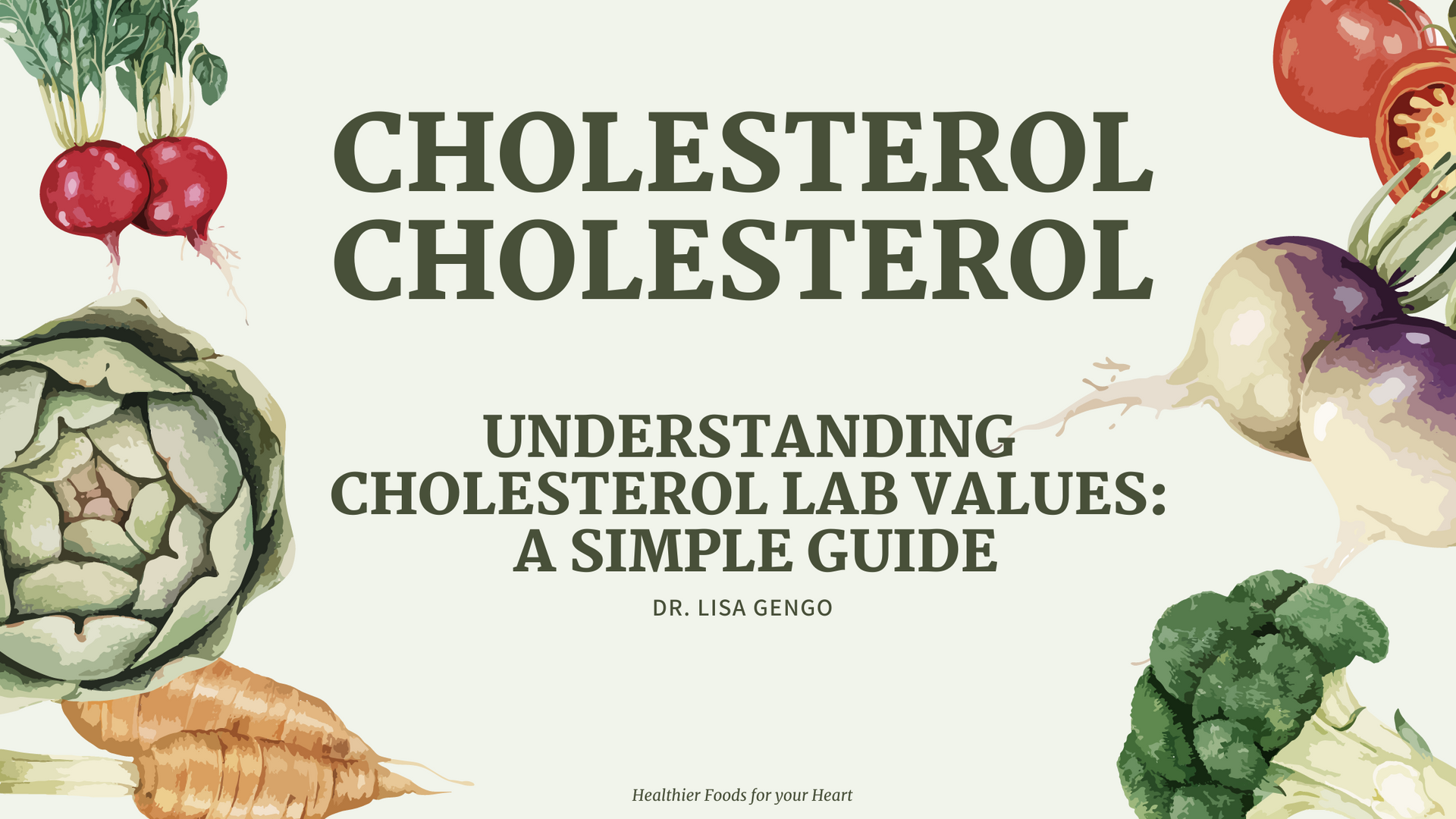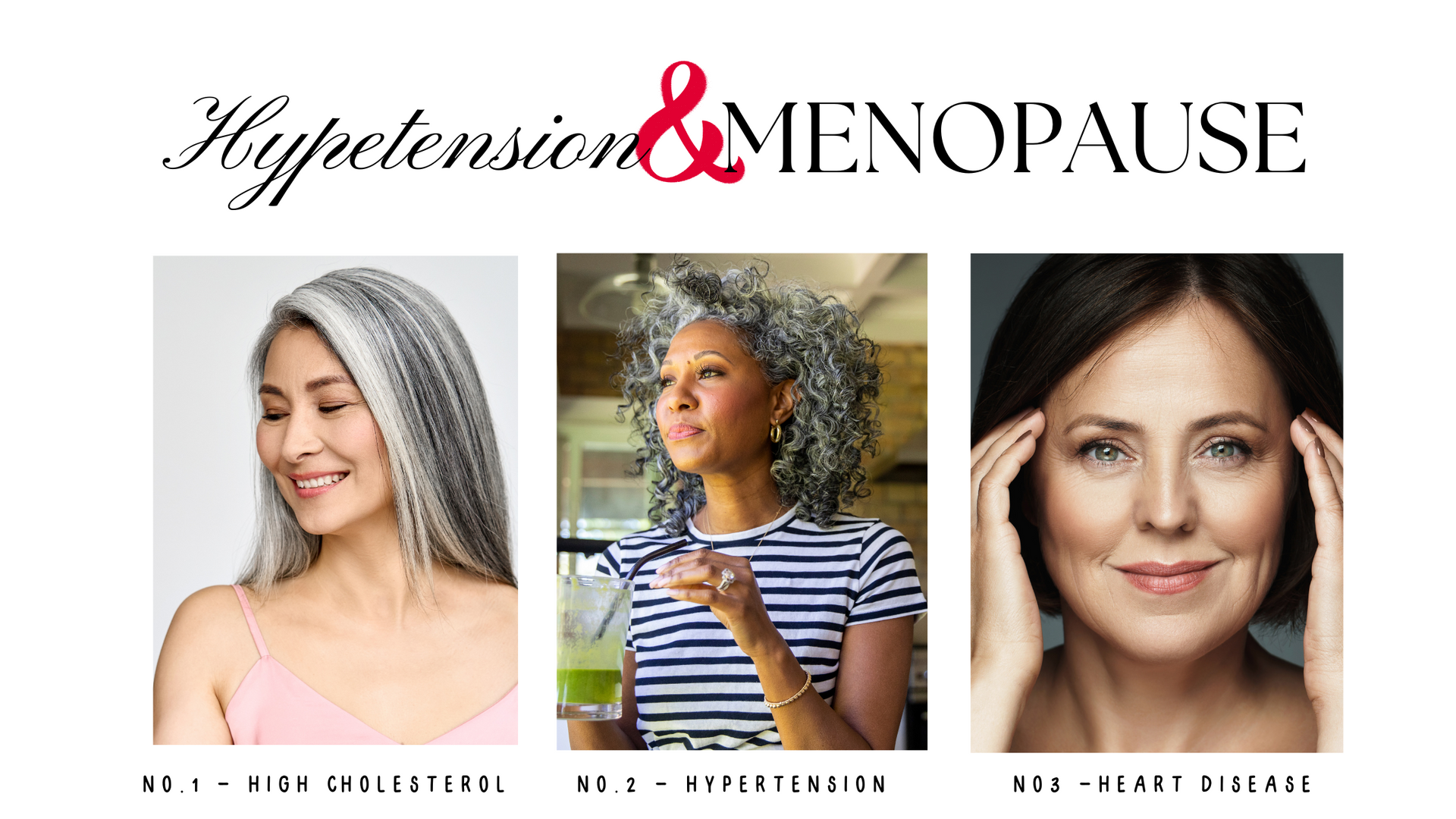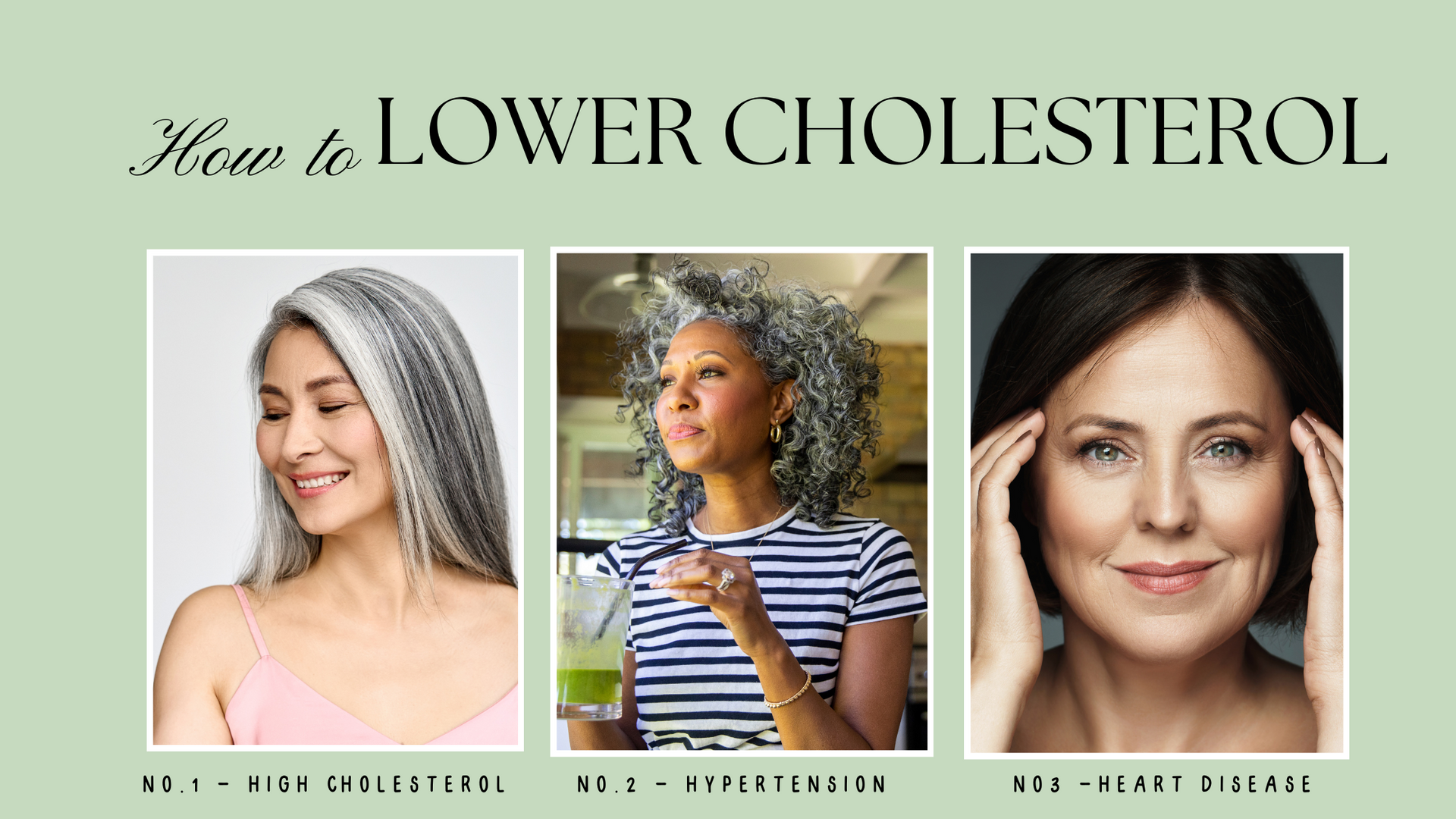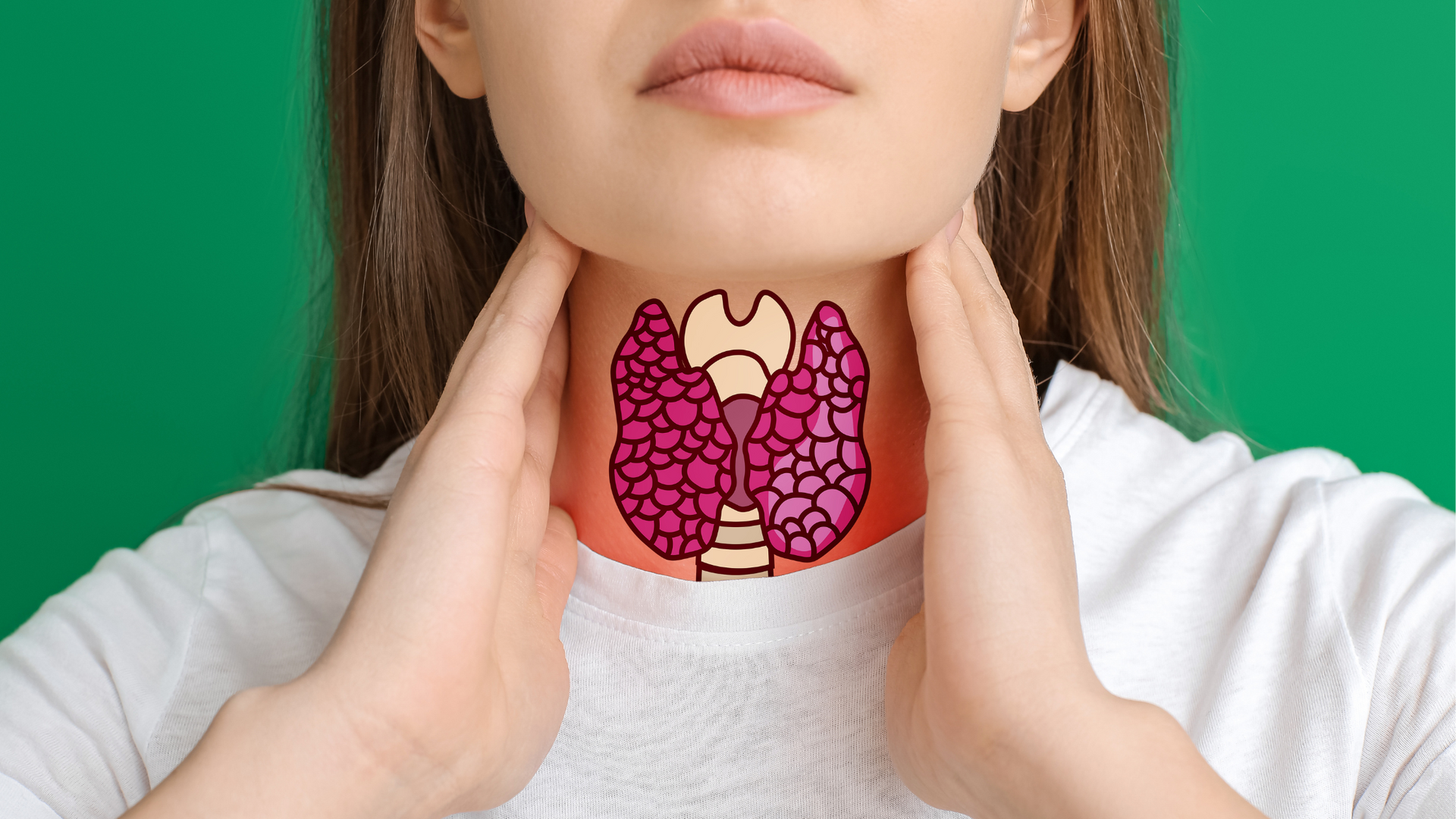Heart Attack Symptoms in Women: 10 Insights from Dr. Lisa Gengo
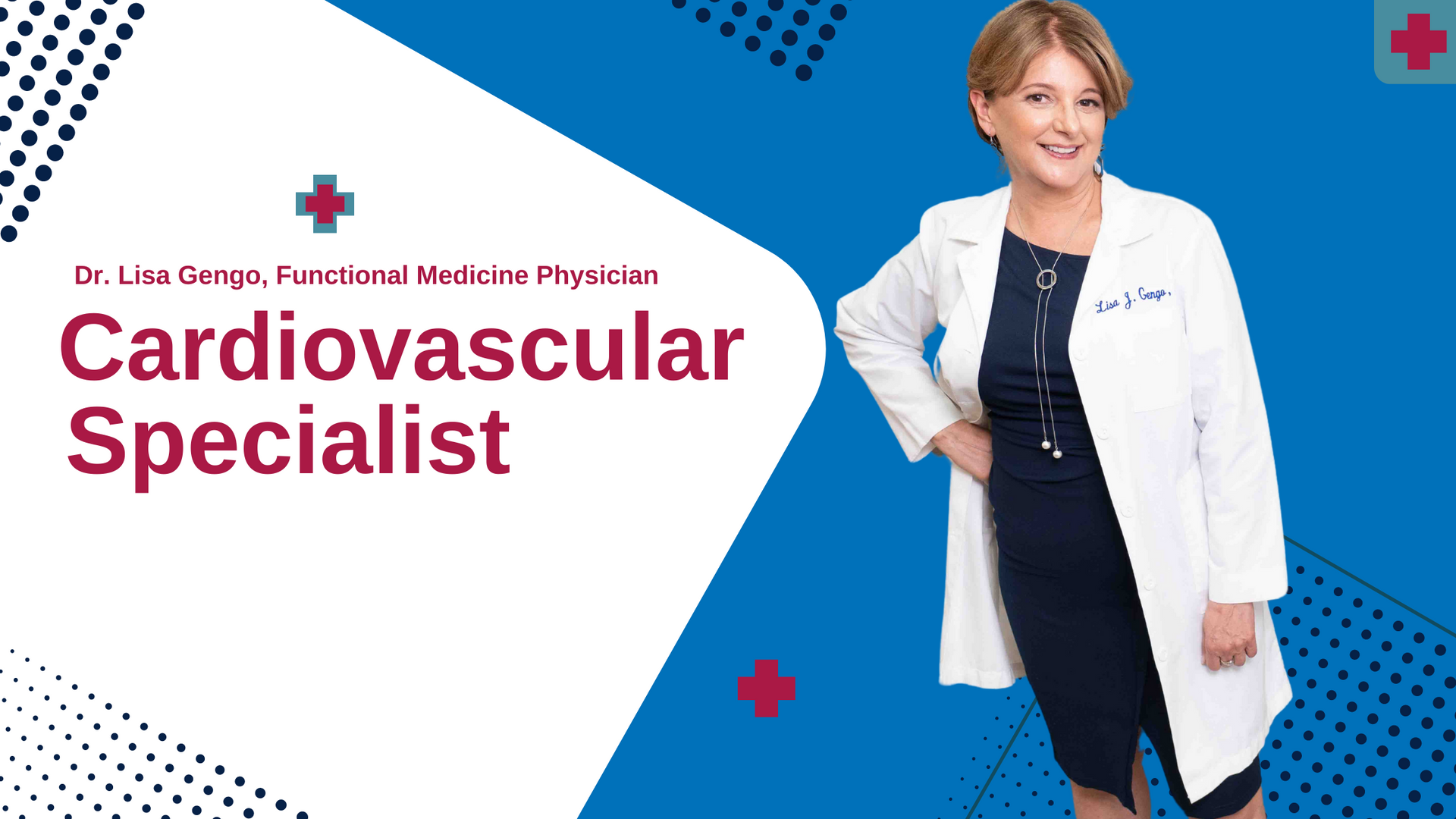
Dr. Gengo's journey into the field of cardiovascular health is as remarkable as it is inspiring. Having worked as a Cardiovascular Surgery Physician Assistant, she witnessed firsthand the profound impact of heart disease on individuals' lives, particularly women. It is this experience, seeing the end results where surgical intervention became necessary, that fueled her determination to explore preventive measures and natural interventions
to halt heart damage before it reaches such critical stages.
Heart attack symptoms in women
may not always conform to the classic Hollywood portrayal of chest-clutching pain. Instead, they often manifest in subtler ways, making early detection challenging yet imperative. Dr. Gengo emphasizes the importance of being vigilant and attuned to these signs, as they could mean the difference between life and death.
Here are ten invaluable tips,
beyond the conventional advice of diet and exercise, to safeguard women's heart health and prevent heart attack symptoms in women:
1. Harmonizing Hormones:
Hormonal fluctuations, especially during menopause, can significantly influence cardiovascular health. Estrogen, known for its protective effects on the heart, declines during menopause, potentially increasing the risk of heart disease. Dr. Gengo emphasizes the importance of hormonal balance through personalized hormone therapy, aiming to mitigate these risks and support heart health.
2. Silencing the Snore:
Sleep apnea, often characterized by snoring and interrupted breathing during sleep, is not merely a nuisance but a silent saboteur of heart health. Studies suggest a strong association between sleep apnea and cardiovascular diseases, including hypertension and coronary artery disease. Dr. Gengo advocates for early detection and treatment of sleep apnea, emphasizing the profound impact of quality sleep on overall cardiovascular well-being.
3. Pearly Whites, Healthy Heart:
Surprisingly, your dental health may hold the key to a healthier heart. Research indicates a correlation between periodontal (gum) disease and an increased risk of heart disease. The inflammation triggered by gum disease may exacerbate existing cardiovascular conditions or contribute to their development. Thus, maintaining good oral hygiene and regular dental check-ups is not just about a winning smile but also about nurturing a healthy heart.
4. Embracing Mindfulness:
Stress, often dubbed the silent killer, significantly affects cardiovascular health. Chronic stress can elevate blood pressure, trigger inflammation, and disrupt heart rhythm, paving the way for heart disease. Dr. Gengo advocates for mindfulness practices, such as meditation, yoga, or deep breathing exercises, as potent tools to manage stress and promote heart health.
5. Nourishing Gut Health:
The gut-heart connection is a burgeoning field of research with profound implications for cardiovascular health. Emerging evidence suggests that gut dysbiosis (imbalance in gut microbiota) may contribute to inflammation and metabolic disturbances, predisposing individuals to heart disease. Dr. Gengo emphasizes the importance of a diverse, fiber-rich diet, supplemented with probiotics and prebiotics, to nurture a thriving gut ecosystem and support cardiovascular wellness.
6. Listen to Your Body:
Understanding heart attack symptoms in women begins with listening to your body's signals. While chest pain is a common indicator, women may experience a range of symptoms, including shortness of breath, nausea, dizziness, and severe fatigue. Dr. Gengo urges women not to dismiss these signs and to seek medical attention promptly.
7. Know the Warning Signs:
Familiarizing oneself with the warning signs of a heart attack is paramount. "Heart attack symptoms in
women" encompass a spectrum of sensations, from discomfort in the chest to pain in the jaw, neck, back, or arms. By recognizing these signals early on, women can take proactive steps to protect their heart health.
8. Break the Stereotype:
Despite pervasive misconceptions, heart attacks are not exclusive to older men. Women of all ages are susceptible, and their symptoms may differ from those typically associated with men. Dr. Gengo emphasizes the need to dispel stereotypes and raise awareness about the diverse presentation of heart attack symptoms in women.
9. Seek Prompt Medical Attention:
Time is of the essence when it comes to heart attacks. Delaying treatment can lead to irreversible damage to the heart muscle or even death. Dr. Gengo underscores the importance of seeking prompt medical attention at the first sign of "heart attack symptoms in women," as every minute counts in saving lives. If in doubt, still get yourself checked out.
10. Embrace Prevention:
While awareness is crucial, prevention remains the cornerstone of heart health. Dr. Gengo emphasizes the importance of adopting a heart-healthy lifestyle, including regular exercise, a balanced diet, stress management, and regular check-ups. By prioritizing prevention, women can reduce their risk of experiencing "heart attack symptoms in women" and lead healthier lives.
In conclusion, understanding and recognizing "heart attack symptoms in women"
is not only a matter of health but also a matter of life-saving importance. With Dr. Lisa Gengo's guidance and advocacy, let us empower ourselves and our communities to listen to our bodies, know the warning signs, and take proactive steps to safeguard our hearts.
Curious to Learn More?
Check out our blog post on Take Back Your Health with Functional Medicine.
Dr. Lisa Gengo, a "health detective," excels in unraveling the underlying triggers of heart health challenges such as hypertension (cardiovascular health), gut disorders, thyroid disorders, and weight resistance. Her expert nutritional guidance is instrumental in addressing these concerns, which often play critical roles in conditions like weight gain, sleep disorders, and a spectrum of intricate medical issues. Click here to learn more about Dr. Gengo's holistic approach and specialized expertise. —Dr. Lisa Gengo's Functional Medicine Practice.


